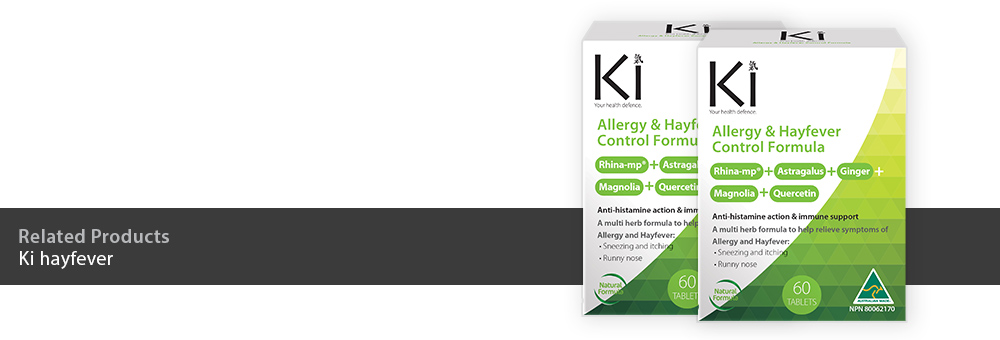

Allergies out of control? Here’s why!
Uncontrollable sneezing, headache, itchy eyes and fatigue. Many of us have experienced these dreaded allergy symptoms usually around spring and summer. However, some allergies can last all-year round!
The most common allergy triggers in autumn are ragweed and mould. Dust mites and pet hair bother us in winter and of course, grass and flower pollen wreak havoc in the spring and summer months. Only those who suffer from allergies can truly understand the discomfort and debilitation this may cause. Fortunately there is GOOD NEWS!
Although you cannot control the environmental and seasonal factors where you live, rainfall, humidity and changing weather conditions influence your body’s reaction when exposed to allergens. By understanding the root cause of allergies and the allergy-immune system connection we can hope to find comfort from pestering symptoms.
So how do allergies occur in the first place? Simply put, allergy symptoms strike when your immune system overreacts to an external substance. This causes a release of antibodies to attack what it thinks is a “dangerous” invader. This reaction is more likely to occur when and if the immune system is weakened.
Rather than reaching for the antihistamines for relief (which only suppresses the symptoms for a couple of hours), why not try the tips below to help strengthen and balance the immune system, naturally.
- Astragalus root strengthens immune function and assists with building resistance to the attacking allergens. There are a number of clinical trials that highlight the effectiveness. In fact, Ki Allergy & Hayfever Formula contains a clinically trialed dose to help regulate immunity and relieve symptoms.
- Ginger is a powerful anti-inflammatory and can be used to help nasal congestion and clear nasal passages.
- Vitamin C helps boost the immune system and is known to calm allergic reactions. Foods such as broccoli, peppers, berries and collard greens are high in Vitamin C and are recommended to be consumed as part of a healthy diet. These foods are especially useful in boosting your immunity and targeting your seasonal allergies.
- Quercetin acts as a natural antihistamine and is a plant bioflavonoid that can also be found in fruits and vegetables which are high in Vitamin C. It is a powerful antioxidant and is shown in several studies to inhibit histamine production, when the immune cells are under attack from allergens.
- Fermented foods: It is said that over 70% of the immune system resides in the gut, therefore foods such as kimchi and kefir are great ways to give your gut flora additional support and your immune system a boost.
By taking preventative measures and ensuring you have a strong immune system, you’ll be sneezing less in no time!

